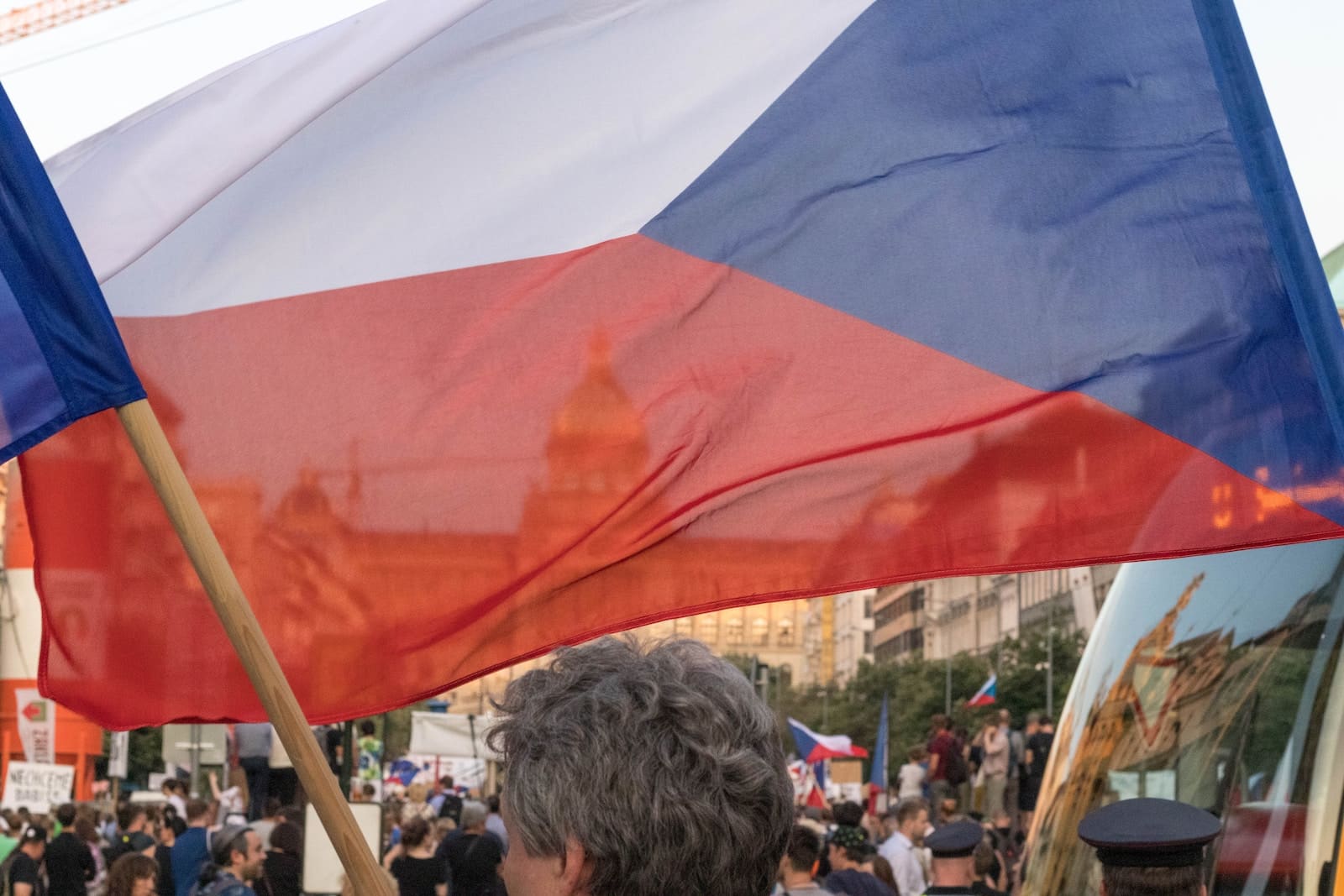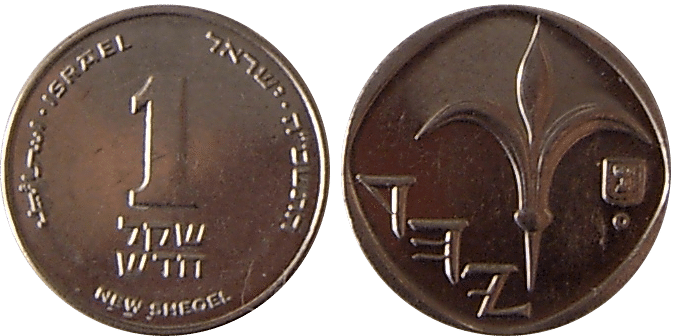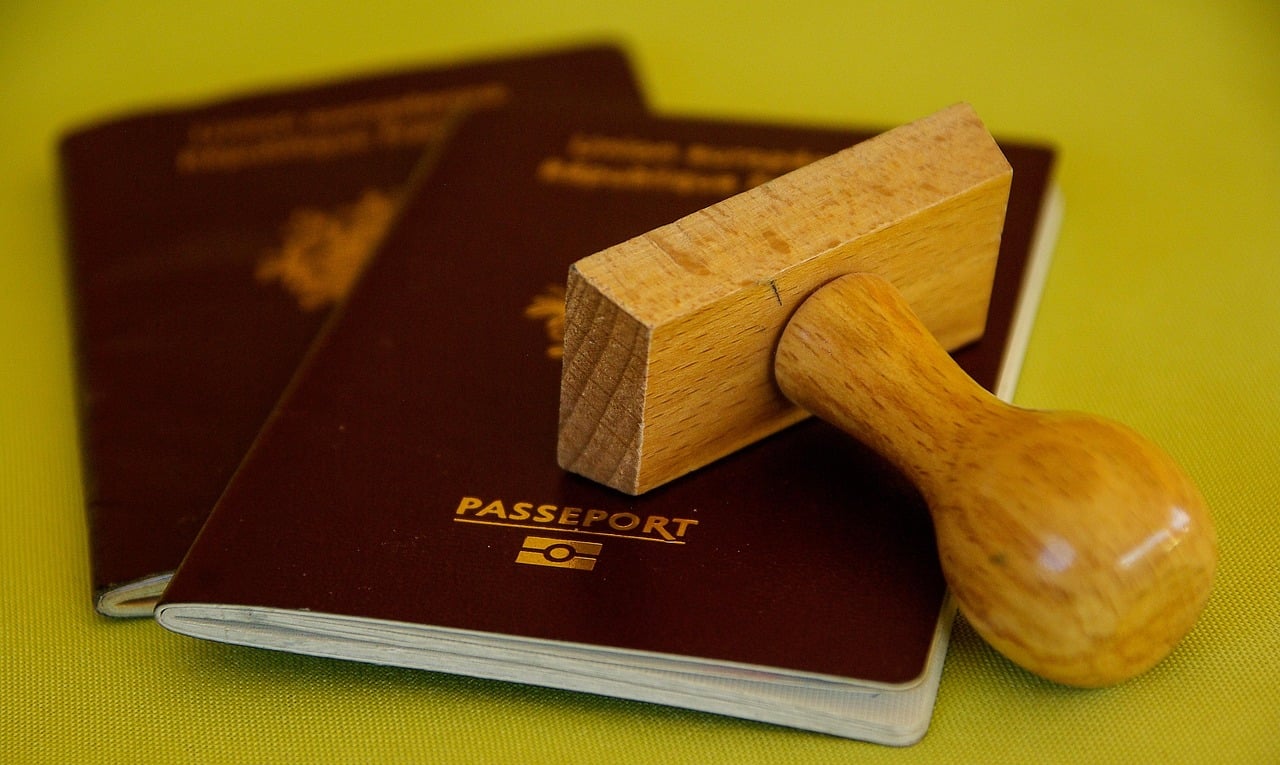MILOŠ ZEMAN – THE NEW PRESIDENT OF CZECH REPUBLIC

MILOŠ ZEMAN – THE NEW PRESIDENT OF CZECH REPUBLIC
The last weekend in January 2013 saw the final round of presidential elections in the Czech Republic. The contest between the two candidates who acquired the largest percentage of votes in the first round was won by Miloš Zeman. He received 54.8% whilst his competitor Karel Schwarzenberg, the current minister for Foreign Affairs, lost the election, receiving 45.19% of the vote. The turnout was 59.11%, which is slightly lower than in the first round of the elections, where it was 61.31%.
THE BEGINNING OF A LONG RACE
This first direct presidential election began in summer 2012 when then favored Jan Fisher announced the start of his campaign. It didn’t take long for the other candidates to emerge. These included notable professionals of various backgrounds including a member of the European parliament, a businessman and a composer. Those who did not receive the nomination from the individual political parties that are represented in the Chamber of deputies, had to mobilize support among the public and collect 50,000 signatures. Without meeting one of these two conditions, candidature would not be officially recognized by the Ministry of Interior.
THE FIRST ROUND OF THE PRESIDENTIAL ELECTIONS
Nine candidates entered an official bid for the first round with the abovementioned pair moving on to the second round. Both Zeman and Schwarzenberg were equally successful. The former received 24.21%, while the latter ended up with 23.4%. Apart from Miloš Zeman, who was considered one of the leaders of the popular vote from the outset, the achievement of Karel Schwarzenberg was considered a pleasant surprise. It was mainly due to a very well-engineered campaign that he and his team employed, attracting the young generation and mobilizing it. Although a descendant of the old Bohemian nobility, as well as being a Catholic and a leader of the conservative TOP 09 party, the posters depicted Karel Schwarzenberg wearing a bright pink Mohawk, and winning the support of middle and upper class urban folk who wore “Volím Karla” (I vote for Karel) badges on their clothes. His team managed to divert public attention from his involvement in the current government of Petr Nečas, which is highly unpopular due to the strong austerity measures it has taken to keep Czech economy healthy.
ZEMAN’S STRONG POINTS
However, it was between the first and second round that both candidates were really tested. Karel Schwarzenberg had confront Miloš Zeman face to face for the first time. This had been avoided by Schwarzenberg’s team before the first round due to Zeman’s superior debating skills and his persuasiveness. The series of televised debates proved Schwarzenberg to be unprepared and – like it or not – too honest. When asked about his opinion on president Beneš’ decrees from 1945 that meant millions of ethnic Germans and Hungarians were required to accept collective guilt for the horrors of World War II and were forced to flee the country leaving behind all their belongings, Schwarzenberg declared that this action would have resulted in a war tribunal in Den Haag for Beneš had it occurred today. This statement may be very correct and something that can be said in private or among friends, but not in front of millions of voters who still carry a lot of animosity towards the Germans. Miloš Zeman built the rest of his campaign around questioning the level of Schwarzenberg’s patriotism. This and other factors helped him achieve victory in the second round.
Schwarzenberg’s campaign backroom was highly efficient in establishing the Schwarzenberg brand, spreading his message in the rural parts of the country hiring backpackers who conducted week-long journeys to remote communities where they distributed stickers and posters and discussed the candidate with locals or spoke about setting up a call center that targeted regions where support was lacking. It was, however, Prague to where the attention should have been directed. After the first round it was clear that Schwarzenberg maintained a strong position in the capital city collecting more than 43% of votes with Zeman being left with a poor showing of just 17%. Although Schwarzenberg still received the largest stare of the votes in liberal Prague, Zeman managed to double his support from the first round attracting votes from the candidates who did not progress to the second round.
WHO IS MILOŠ ZEMAN?
The new president elect of the Czech Republic is no newcomer to national politics. He is one of the characters who shaped politics in the 1990’s with all the good and bad that was evident in Czech political discourse. As a former member of the Social democratic party who left the political stage after an unsuccessful presidential bid in 2003 when he failed to gain the support of his own party, he re-emerged briefly in 2010 with a new political party for the general election. Zeman is bold, outspoken and very sarcastic. On the other hand he is a highly intelligent and very experienced politician who understands the national and international political reality very well. His attitude towards European integration is much more positive than that of his predecessor, Vaclav Klaus, who has been viewed as an advocate for critics of the EU. We can surly expect a strong presidency from a man who once publicly compared Yasser Arafat to Adolf Hitler.





